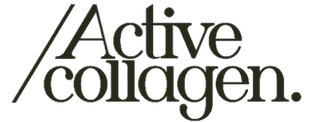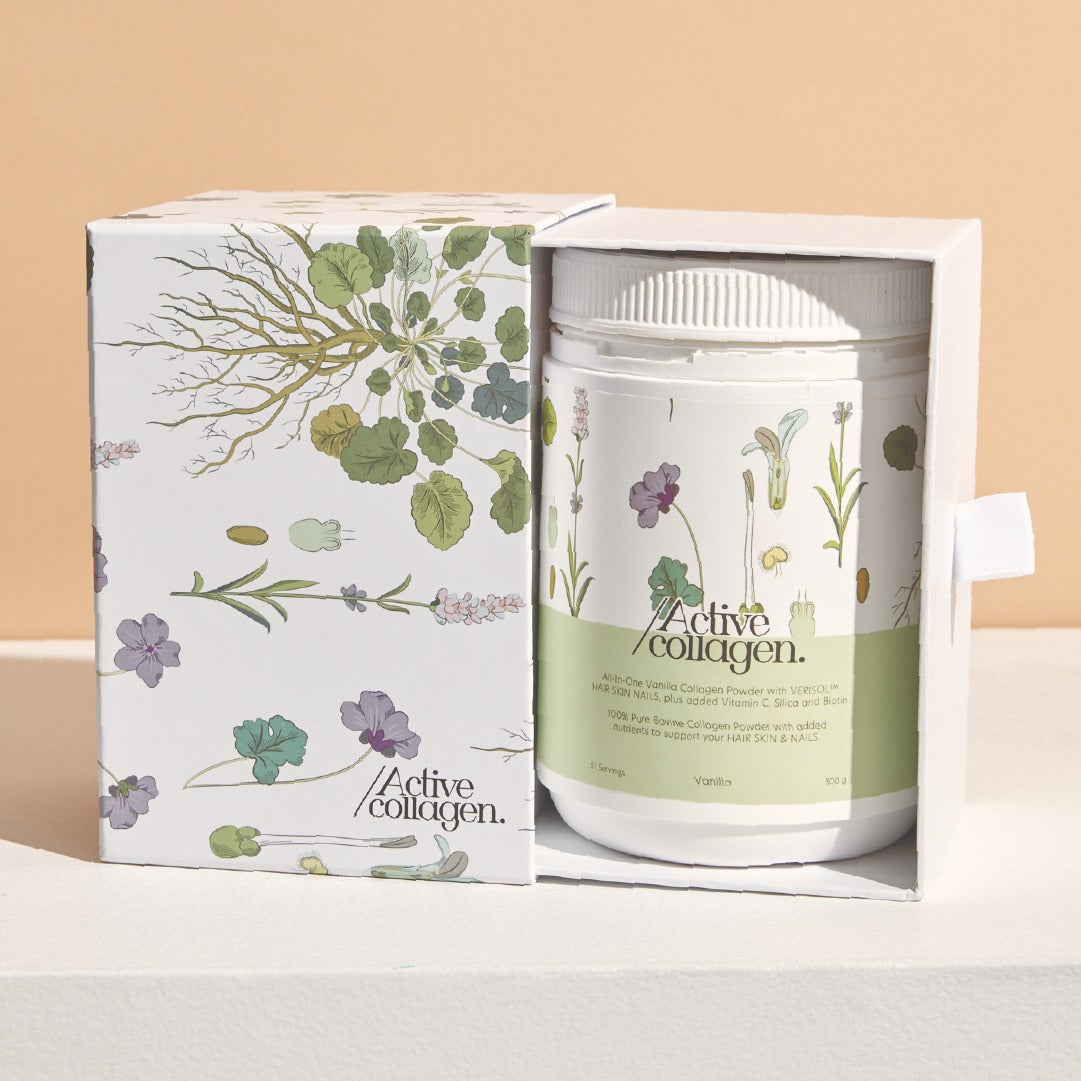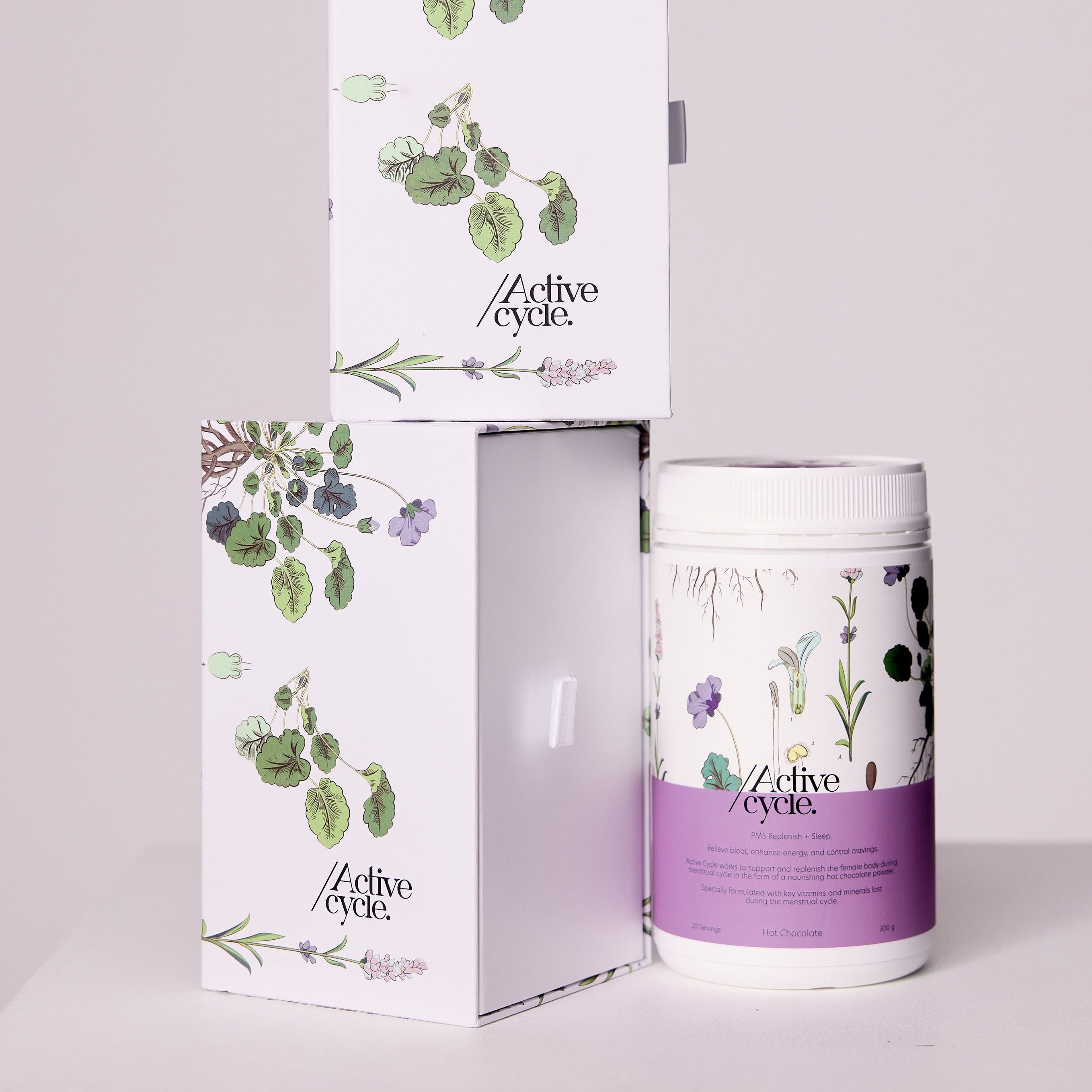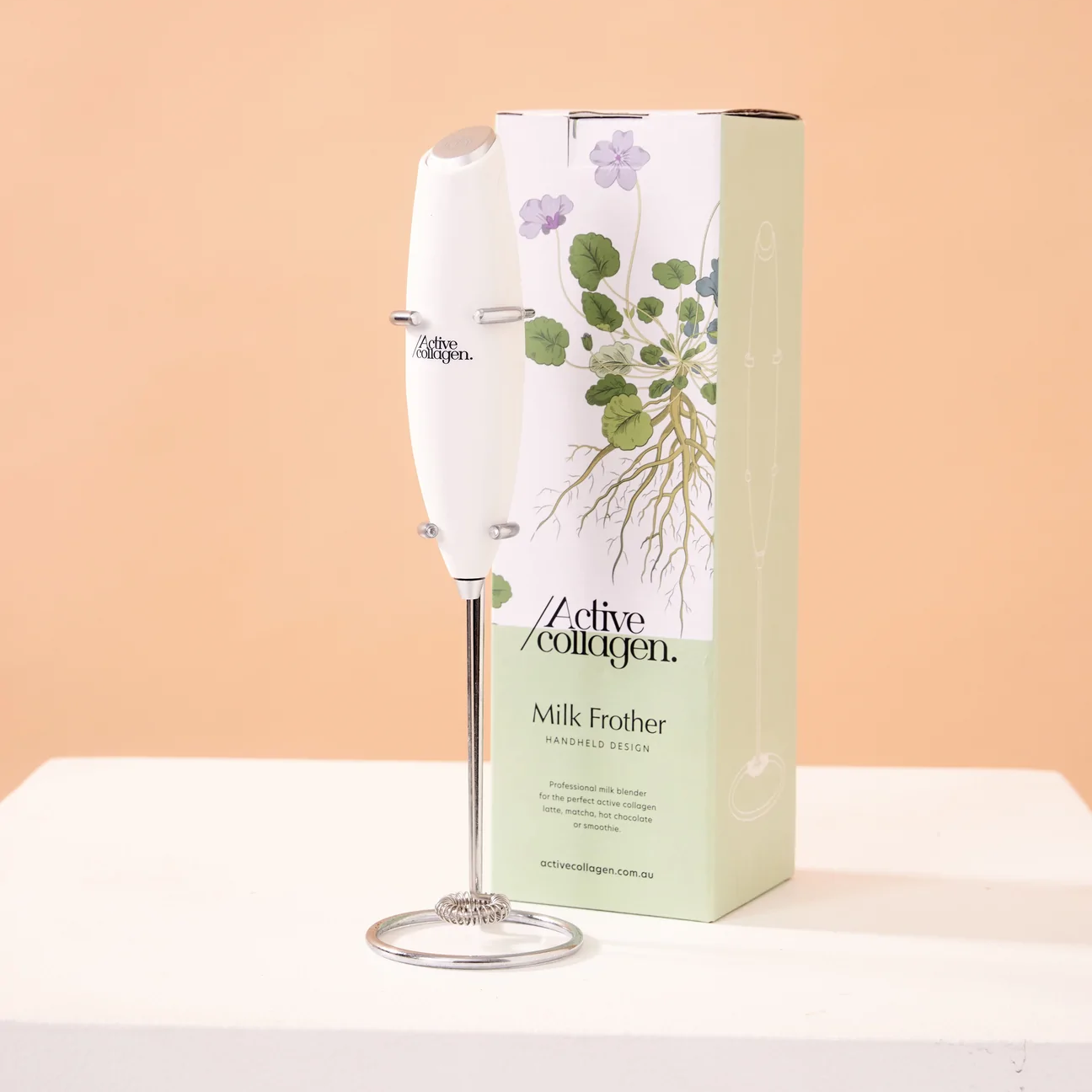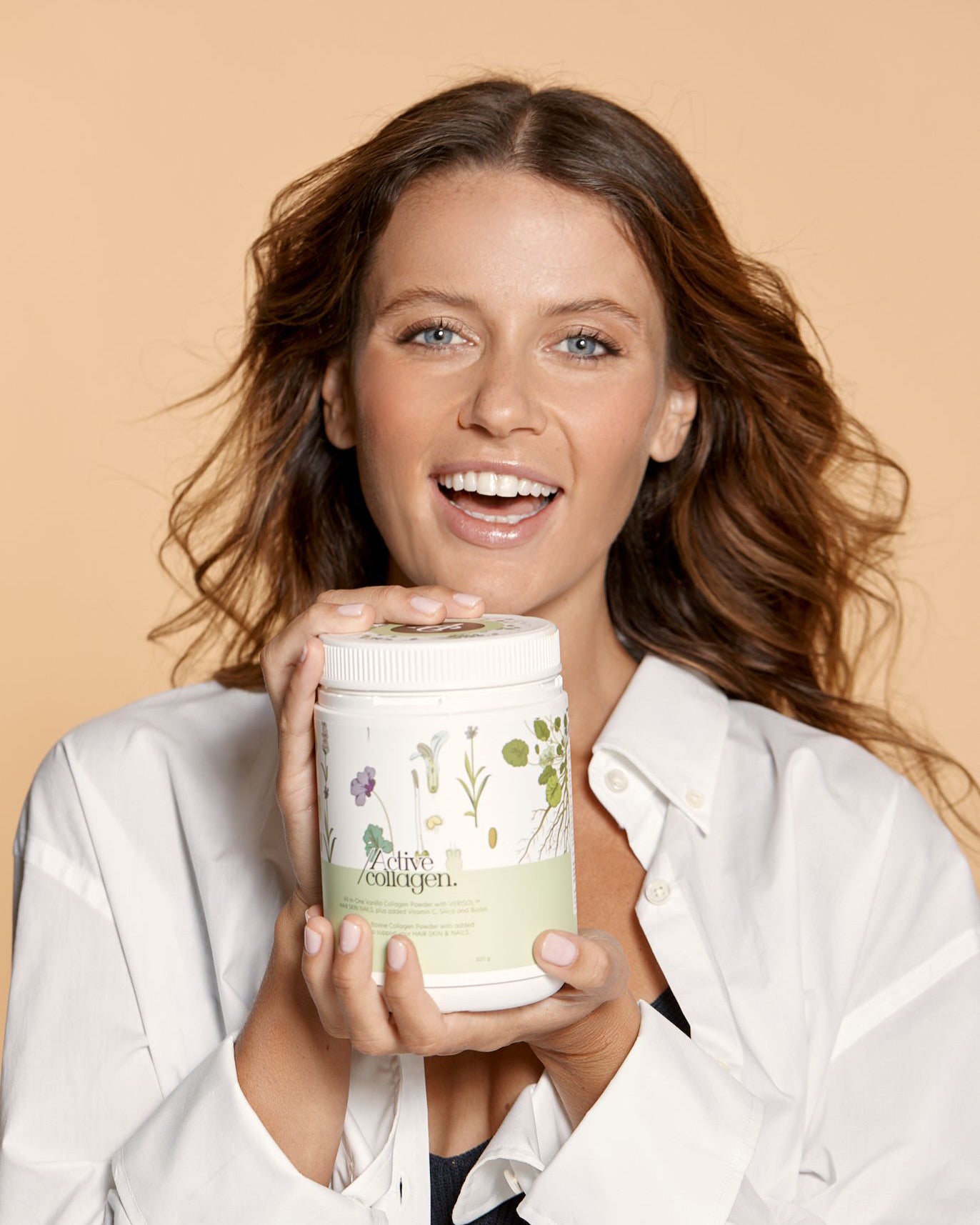Collagen is well known for its effects on improving our hair, skin, and nail health – not just aesthetically but the overall strength and growth of these tissues. And when it comes to our hair health collagen has major positive impacts.
There are certainly periods in most of our lives when we wish our hair would grow a little faster, look and feel a little healthier, or we notice more hair clogging up our vacuum cleaners (guilty!). These periods of hair loss or reduced hair growth and health can be due to several things from postpartum hair loss to times of chronic stress to a deficiency in certain nutrients. The health of our hair, like that of our nails and skin, is a symbol of our overall health.
Put it this way, these tissues aren’t as vital as our heart is for survival. Therefore, if our bodies are under a form of stress - whether that’s after times of increased energy demands like pregnancy or after a period of prolonged psychological stress – the body will prioritise the health of vital organs like the heart over organs like hair for survival.
How does collagen influence the health of our hair? And how does this contribute to growth?
Link Between Collagen & Hair
Hair is basically made up entirely of protein. A protein known as keratin. Keratin is a larger protein made up of smaller, singular proteins – amino acids – which link together in a chain. It is these amino acids that play a role in how our hair feels and looks such as elasticity, strength, volume, and shape.
In human hair, the amino acid cysteine exists in larger amounts – making up 10-17% of total keratin protein. Unlike other proteins, cysteine is non-essential meaning the body can produce it itself. Although, this can only be achieved if there are sufficient amounts of the amino acid it is derived from, methionine. Methionine, on the other hand, is essential and must be consumed to achieve optimal levels. Our hairs’ thickness and growth rate are dependent upon cysteine. Cysteine is also the precursor to keratin synthesis making it essential for the building of our hair.
Like methionine, l-lysine is another essential amino acid that is found abundantly in hair. This amino acid is responsible for keeping our hair rooted in our scalp as it is found mostly within the root of our hair. Though, the volume and shape of our hair is also dependent upon l-lysine.
Hydrolysed collagen protein supplements, like Active Collagen, contain an amino acid profile of 18 different amino acids. Of these methionine and lysine are present. By taking a collagen supplement or getting collagen rich foods through your diet – such as bone broths, chicken with the skin on, sardines – this gives our bodies access to the amino acids necessary for building our hair from the ground up and keeping it strong.
Although not all collagen supplements are created equal. And there are a few things to consider when choosing a collagen supplement for hair growth and health.
Vitamin C
Apart from being an all-round legendary vitamin, Vitamin C has a few benefits in hair health with a big impact. The first being its ability to act as an antioxidant to prevent free radical damage that may come about from factors such as poor diet, high alcohol intake and prolonged UV exposure. Free radical damage is a form of stress that can alter hair follicle cells causing hair loss.
Secondly, Vitamin C plays a strong role in assisting the absorption and metabolism of iron within the intestine. So, adequate Vitamin C intake is crucial for those who suffer from hair loss or decreased hair health that is associated with iron deficiency.
Although Vitamin C can be easily attained through diet from wholefoods such as citrus fruits, berries, tomatoes, capsicums, and white potato, ensuring your collagen supplement contains added Vitamin C will help with the proper utilisation of amino acids within the body for building larger proteins such as keratin. At Active Collagen you’ll find our collagen packed with added Vitamin C to ensure your hair is getting all the support it needs.
Biotin or Vitamin B7
Biotin contributes to the health of our hair via its function in protein synthesis or more importantly keratin production. Biotin is amongst the water-soluble B vitamins which when consumed are not stored in the body but rather excreted through urine when sufficient levels have been reached.
Though if we aren’t getting enough Biotin this can manifest as a deficiency through physical signs such as hair loss. Studies have shown that in those with an underlying Biotin deficiency experiencing hair loss, adequate supplementation showed clinical improvements.
Various wholefoods such as egg yolks, liver, spinach, oats, rice, and mushrooms contain Biotin. So, prioritising these is one way of getting more Biotin through your diet. However, a collagen supplement such as Active Collagen’s All-In-One Hair Skin & Nails is fortified with Biotin, so you know you’re giving your hair the nutrients it needs to thrive.
Silica
One mineral that is often overlooked within the health space is Silica. It’s one of the most abundant minerals within the human body and within nature.
Silica presents its effects through promoting the structural integrity of hair, skin, and nails. When it comes to the hair specifically, Silica has shown to be associated with a reduction in hair fall rates and brighter hair strands. So, where can we get this mysterious mineral?
Silica is found in almost everything – including both plant and animal sources, and water. Therefore, it’s not a common nutrient deficiency to have. Though if you are prioritising the health of your hair, taking a collagen supplement like Active Collagen which contains nearly 400mg per serve will be beneficial for building the integrity of your hair.
Our hair is a part of our identities, so it’s no wonder that hair becomes a concern when we start to notice the health of it declining. Start supporting your healthy hair journey with Active Collagen, a 100% pure bovine collagen powder fortified with Vitamin C, Biotin and Silica to give you all the amino acids and nutrients you need for happy hair.
Goluch-Koniuszy Z. S. (2016). Nutrition of women with hair loss problem during the period of menopause. Przeglad menopauzalny = Menopause review, 15(1), 56–61. https://doi.org/10.5114/pm.2016.58776
Patel, D. P., Swink, S. M., & Castelo-Soccio, L. (2017). A Review of the Use of Biotin for Hair Loss. Skin appendage disorders, 3(3), 166–169. https://doi.org/10.1159/000462981
Almohanna, H. M., Ahmed, A. A., Tsatalis, J. P., & Tosti, A. (2019). The Role of Vitamins and Minerals in Hair Loss: A Review. Dermatology and therapy, 9(1), 51–70. https://doi.org/10.1007/s13555-018-0278-6
Araújo, L. A., Addor, F., & Campos, P. M. (2016). Use of silicon for skin and hair care: an approach of chemical forms available and efficacy. Anais brasileiros de dermatologia, 91(3), 331–335. https://doi.org/10.1590/abd1806-4841.20163986
